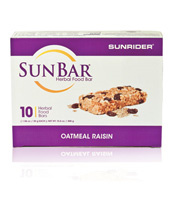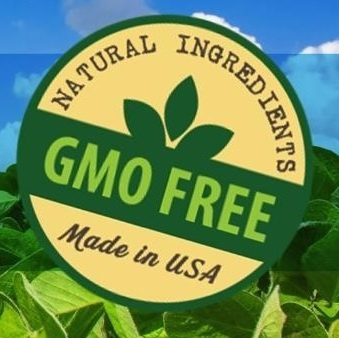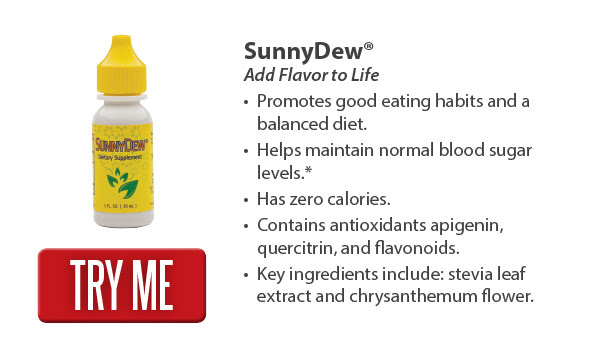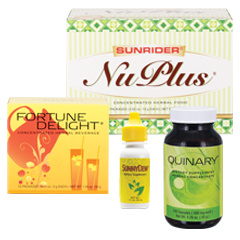By Cliff Smith
Soy has been a staple of vegetarian and Asian diets for generations, but is soy bad for you or good for you? In the USA, there are hundreds of soy based products, which has led to increased scrutiny. It is not uncommon to find soy on lists of “Best Foods To Eat” and “Worst Foods To Eat”. In the video shown here, Dr. Reuben K Chen, MD answers the question, “Is soy good for you or bad?”
First, it is critical to understand the differences between SOY ISOLATES and soy in its WHOLE FOOD form. Almost all experts agree that soy is much better for the human body when consumed in whole food form rather than as isolated protein (like in most protein drinks).
What are the real benefits of whole food soy (not soy isolates)?
- Soy is a complete source of protein.
- Soy contains all the essential amino acids.
- Soy is one of the only complete plant-based protein sources. (Meat, dairy and eggs are other popular sources of essential amino acids.)
- Soy beans contain a variety of bio-active components, such as Isoflavones.
This excerpt is from a Feminist Women’s Health Center (FWHC) report – “The Healing Power of Soy's Isoflavones” by Monique N. Gilbert
“Isoflavones show tremendous potential to fight disease on several fronts. They have been shown to help prevent the buildup of arterial plaque, which reduces the risk of coronary heart disease and stroke. Isoflavones may help reduce breast cancer by blocking the cancer-causing effects of human estrogen. They may also prevent prostate cancer by hindering cell growth. Isoflavones can fight osteoporosis by stimulating bone formation and inhibiting bone resorption. They may even relieve some menopausal symptoms as well.”
What are the MYTHS surrounding soy consumption?
- Increased risk of breast cancer
- Higher estrogen levels in men
- Enlarged breasts in men
NOT TRUE!
What are the FACTS of soy consumption?
The Asian soy-consuming population has for decades reported:
- lower rates of breast cancer
- lower rates of prostate cancer
- lower rates of heart disease
- fewer bone fractures
- fewer menopause symptoms, such as hot flashes
- fewer age related brain diseases.
Why is eating soy a problem?
Soy is often highly processed into soy protein or SOY ISOLATES. All those fake meats, soy cheeses, protein drinks, and other soy based foods made with soy ISOLATES are unhealthy soy products to avoid. They contain protein, but many of the beneficial nutrients have been removed, thus creating more of a waste product for humans. These highly processed isolated soy based foods contain unwanted additives, preservatives, sugar and chemicals.
What is the best way to eat soy?
The best way to eat soy is in its whole food form, as this will retain the most nutrients, fiber and protein. Plus, the body has the best chance of absorbing and using the nutrients since they are in their whole food form. If you want soy milk, look for soy milk made with whole soybeans, not soy isolates.
What are whole food soy products?
- Edamame
- Tofu (Fermented soy)
- Miso
- Tempe
- Sunbars (Easy, portable, whole food soy protein)
- VitaShake (made with whole food soy, like concentrated tofu)










